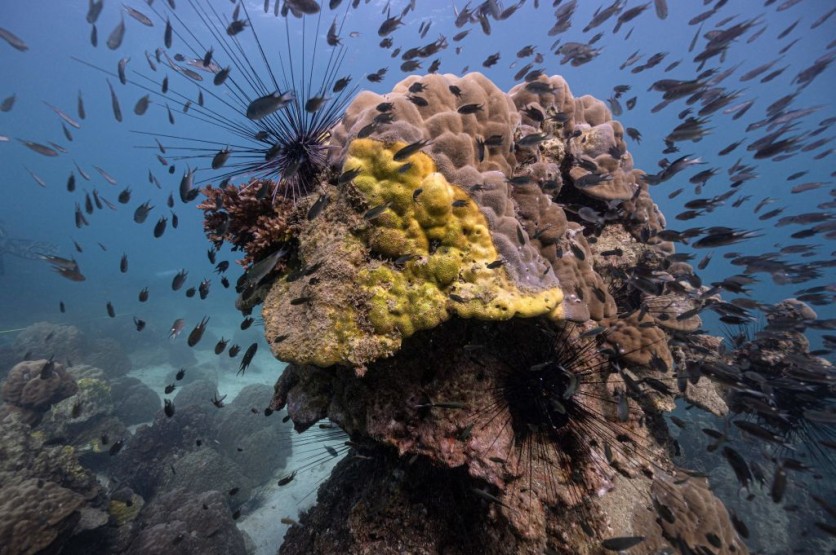The United Nations (UN) has not changed its mind about the need for action to avoid increasingly severe climate impacts in the years to come. In the face of the increasing signs of climate change, one of the solutions is deep-sea mining for material deposits and metals needed to make electric vehicle batteries and to store renewable energy supplies.
For many years, the UN-backed International Seabed Authority (ISA) has been aiming to restart the negotiations with global authorities for transitioning everyone to use green energy.
The Associated Press reported that the "authority will soon need to begin accepting mining permit applications" to utilize the marine ecosystems and habitats that could potentially yield what humanity needs in this transition.
A clause of the UN treaty reportedly requires the ISA to complete regulations governing deep-sea exploitation this month, and if the body fails to approve a set of rules by July 9, countries and private companies can start applying for provisional licenses.
Deep-sea mining authorizes companies to get mineral deposits on the seabed below 200 meters, which comprises about two-thirds of the total sea floor.
There is no shortage of companies willing to do the mining, but many scientists are concerned that irreversible damage could be done to the untouched discovered ecosystems.
Marine biologists cannot stress enough how this kind of mining might do more harm than good by permanently destroying marine habitats and wiping out precious carbon deposits.

Deep-Sea Mining For Minerals
For the Earth to change its destructive course, large sources of rare-earth minerals, such as cobalt, tellurium, nickel, aluminum, copper, zinc, lithium, and manganese, must be found for humanity to move away from fossil fuels, which produce large quantities of carbon dioxide when burned.
However, economists say this can negatively impact the mining industry as such a large supply could fill the demand and cause a steep dip in mineral prices.
The said mining will affect the mostly untouched seabed at a 2,000 to 4,000-meter depth in some national and international waters. Many organizations and foundations feel that more scientific research is needed to cover every eventuality.
Some groups even demand that there should be more transparency and accountability in the decision-making of the ISA, including open access to information and more effective ways to inform the public through the deliberations of the Legal and Technical Commission (LTC).
In the quest to save the planet, companies applying for a permit should not forget that, in line with Target 3 of the Kunming-Montreal Global Biodiversity Framework, countries should assign at least 30% of the oceans - including coastal and national waters - as Marine Protected Areas (MPAs) by 2030.
Is This Practice Sustainable?
The United Nations Environment Programme (UNEP) concluded in 2022 that financing any deep-sea mining forays is not sustainable. The current state of technology calls for using large pumps to vacuum materials from the sea floor, a practice that will definitely cause irreversible damage to marine life.
However, with the current AI revolution, some scientists think it's entirely possible to program deep-sea robots to harvest minerals on the sea floor causing minimal damage to the surrounding environment. Much research is also underway to create advanced machines that can do the needed mining from the surface of massive underwater volcanoes or mountains.
ISA's Legal and Technical Commission is set to meet this month to draft the "Mining Code." In this document, all the rules and regulations will be set by ISA for mining companies to follow regarding deep-sea exploitation.
Related Article : Google AI-Tool Helps Save Coral Reefs: Here's How

ⓒ 2025 TECHTIMES.com All rights reserved. Do not reproduce without permission.




